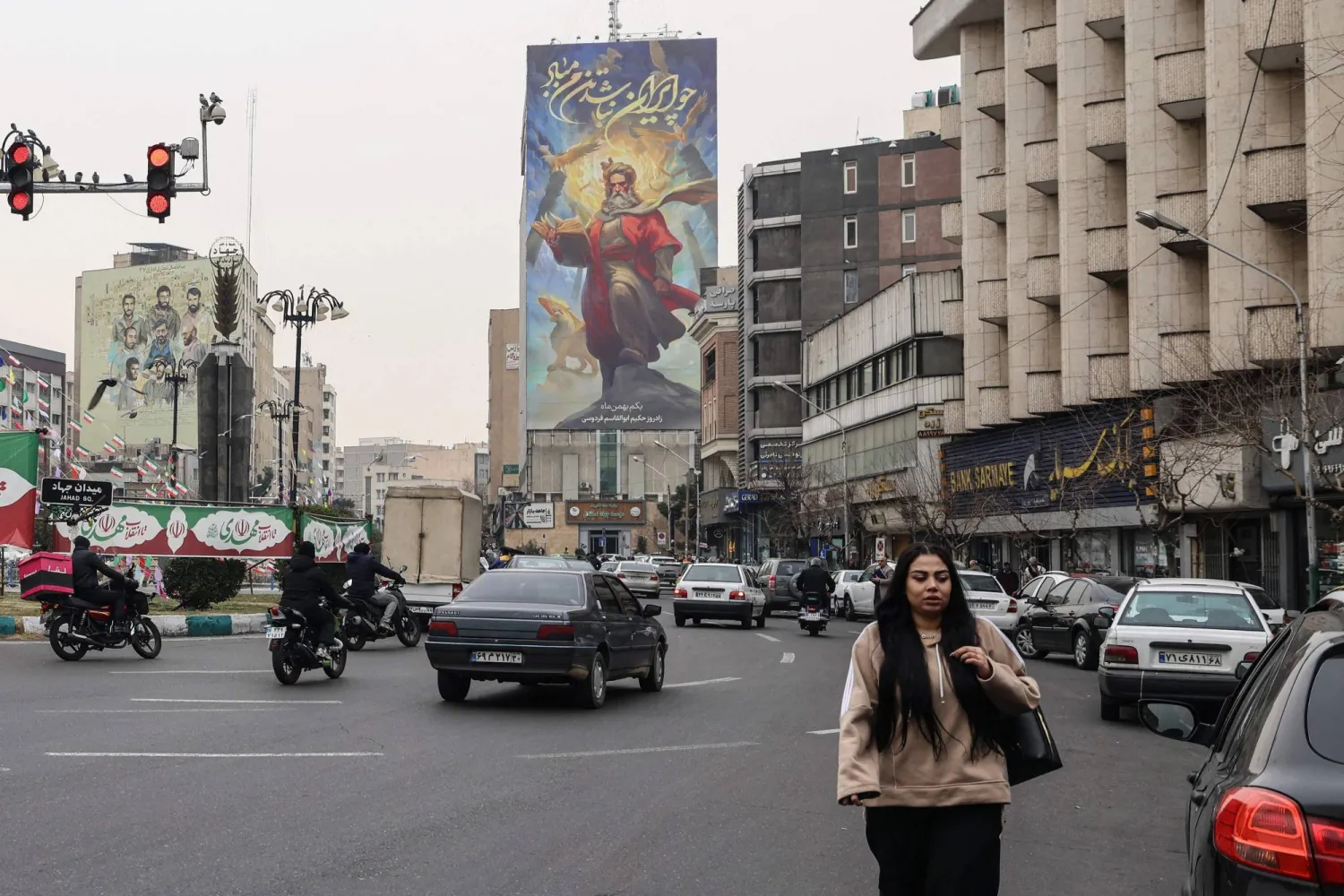Ukraine said on Tuesday its biggest cross-border assault of the war to date would prevent Russia sending more troops to fight in its eastern Donetsk region and disrupt military logistics, and that Kyiv had no interest in occupying Russian territory.
Ukraine blindsided Moscow by pouring thousands of troops into the western Russian region of Kursk last week in a surprise operation that Kyiv says has seen its forces take 1,000 sq km of land, its largest gains since 2022.
"Unlike Russia, Ukraine does not need other people's property. Ukraine is not interested in taking the territory of the Kursk region, but we want to protect the lives of our people," Ukraine's foreign ministry's spokesman said.
President Volodymyr Zelenskiy has said Ukrainian forces have taken control of areas in the Kursk region that Russia has used to launch more than two thousand cross-border strikes on Ukraine since June.
"It should be emphasized that the operation ... helps the front line because it does not allow Russia to transfer additional units to (Ukraine's) Donetsk region, complicates its military logistics," foreign ministry spokesman Heorhii Tykhyi said.
Russian forces have been trying to advance for months on multiple fronts in the Donetsk region, taking advantage of their greater troop numbers to steadily inch forward towards cities like the Kyiv-held logistics hub of Pokrovsk.
Reuters could not independently verify the situation on the battlefield.
For now, there is no sign of a letup for Ukraine in the east where Kyiv's military said earlier it had recorded the largest number of battles with Russian forces on the Pokrovsk front in a single day since before the Kursk incursion.
Ukrainian military spokesman Dmytro Lykhoviy told Reuters they had noted a movement of Russian troops from Ukraine's south to other areas, likely including Kursk, this week.
But he said the number of attacks had not reduced as a result and that it was too early to draw conclusions.
RESTRICTING MOVEMENT
Kyiv's military on Tuesday restricted the movement of civilians within a 20 km (12 mile) zone of the northeastern border area.
It cited an "increase in the intensity of hostilities" and the activation of Russian sabotage and reconnaissance groups, adding the measure was temporary and that residents could still access their homes by showing proof of registration.
Russian President Vladimir Putin has vowed to hit back at Ukraine with a "worthy response" and accused Kyiv's "Western masters" of giving Ukrainian forces help.
Russia's acting regional governor in Kursk said on Monday that Ukraine's forces had taken control of 28 settlements in an incursion that was about 12 km deep and 40 km wide.
Though less than half Ukraine's estimate of its gains, the Russian assessment was a striking public admission of a major setback more than 29 months since Russia launched a full-scale invasion of its smaller neighbor.









